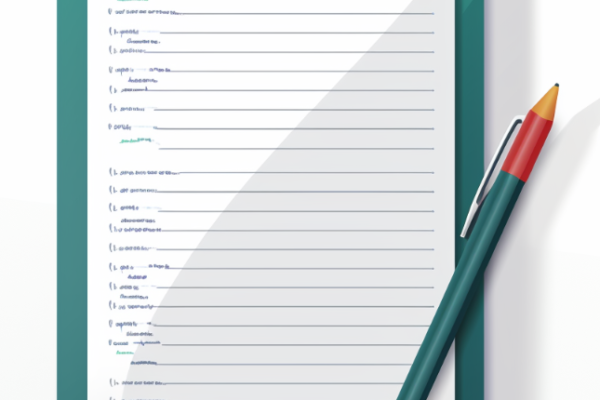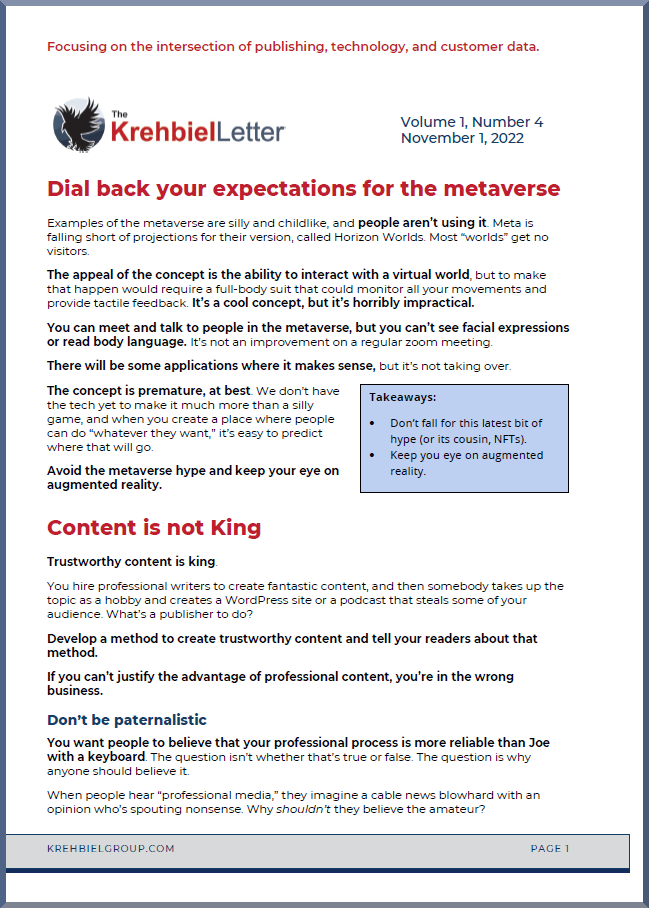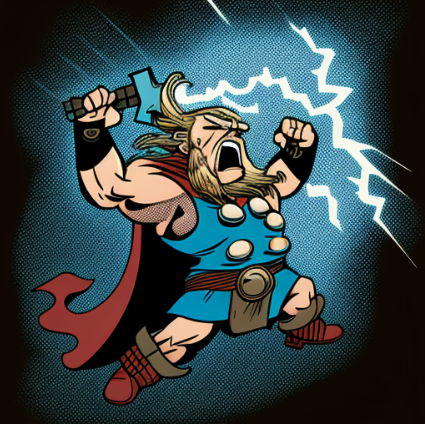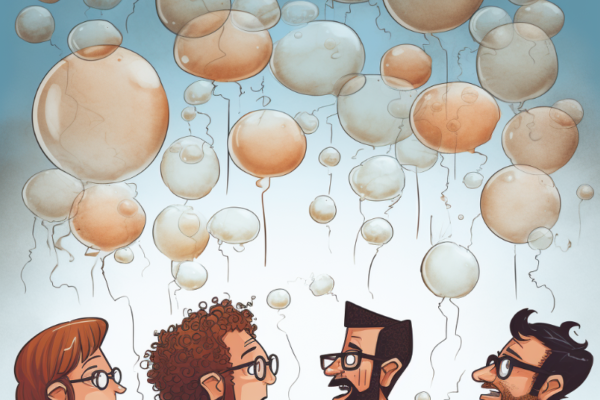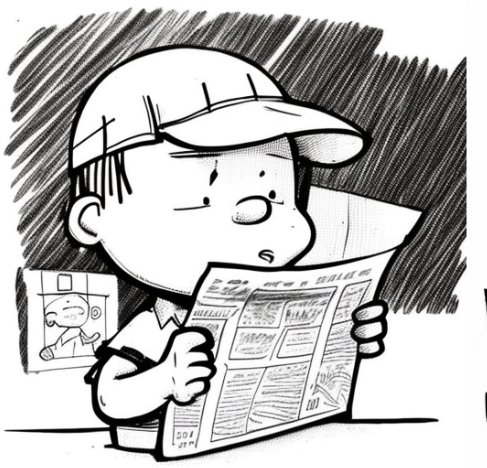
Here are the podcast and video versions of the latest Krehbiel Letter
In these quick summaries of the latest Krehbiel Letter, I discuss two frameworks for evaluating CDP use cases, I outline a method for getting out of your routine and having a productive day away from the office, I provide a “subscription retention checklist,” and suggest ways to deal with open-ended questions in survey responses.

